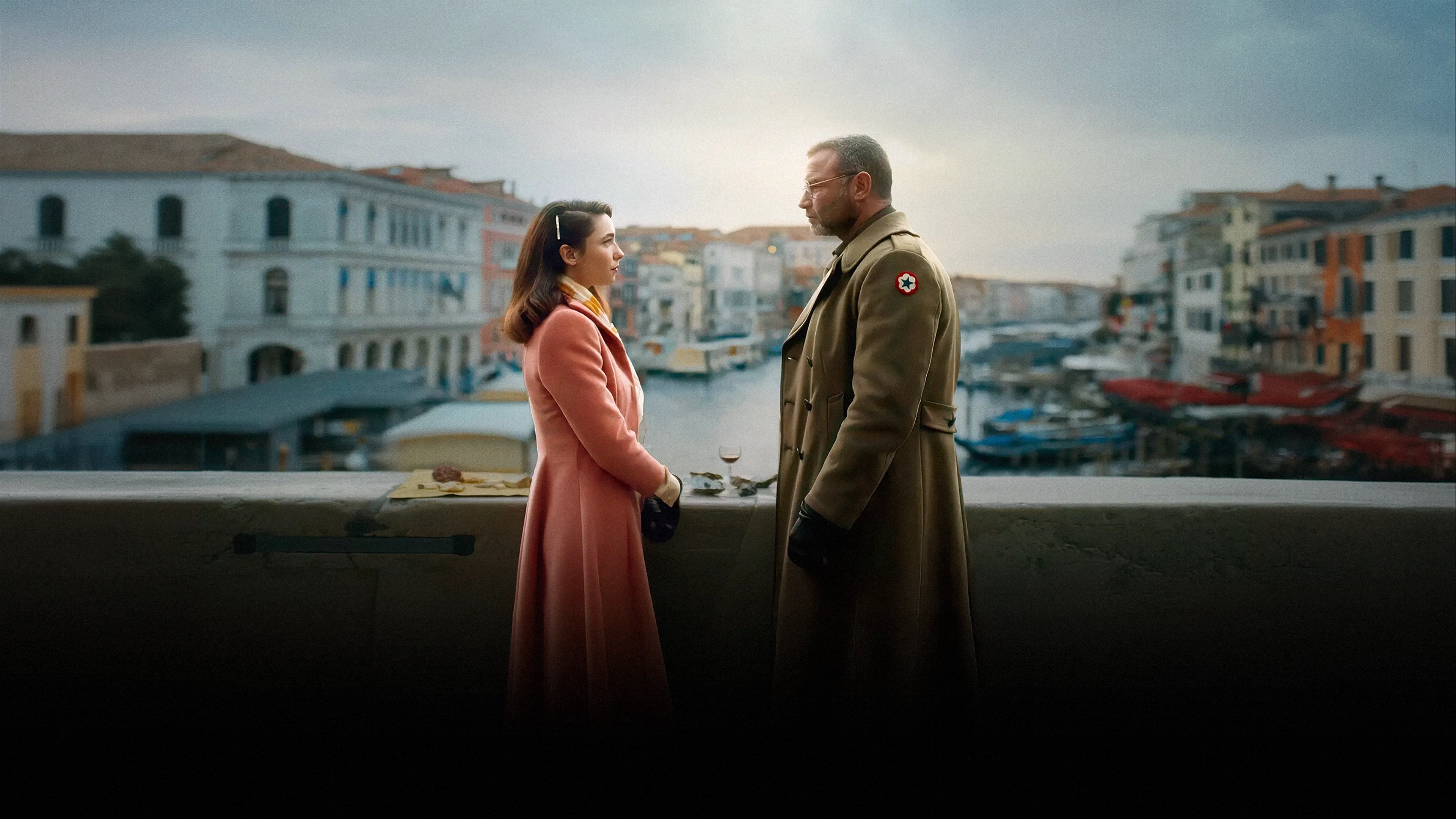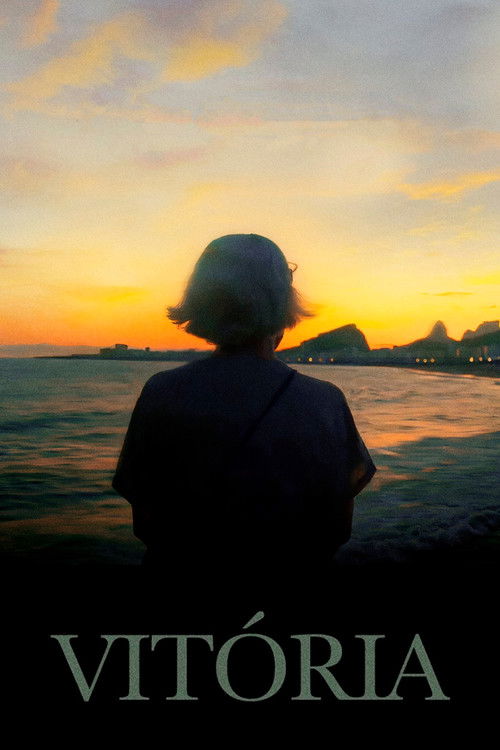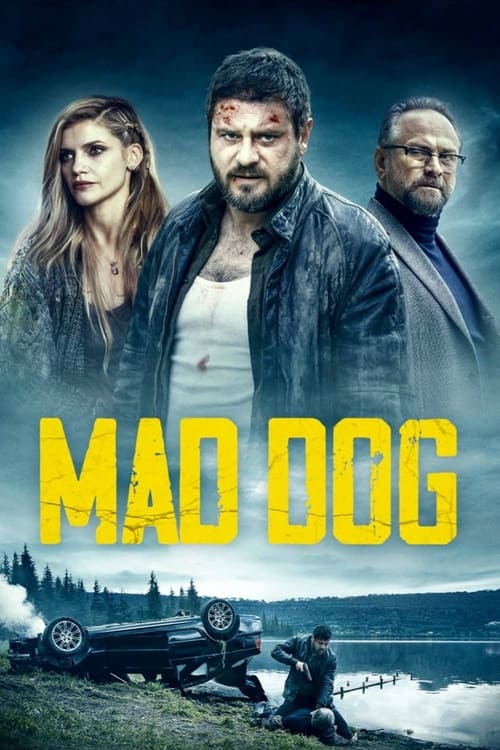
2023
Across the River and into the Trees
Drama
7.0
User Score
31 Votes
Status
Released
Language
en
Budget
$0
Production
Tribune Pictures, BMovie Italia, Rabbits Black
Overview
In post WW2 Venice Italy, American Army Col. Richard Cantwell, haunted by the war, faces news of his illness with stoic disregard. Determined to spend a weekend in quiet solitude, he commandeers a military driver to visit his old haunts in Venice. As Cantwell's plans begin to unravel, a chance encounter with a remarkable young woman begins to rekindle hope. Based on the harrowing novel by Ernest Hemingway.
Review
Brent_Marchant
6.0
As death approaches, how should we handle it? Is it something to be feared? Something to which we’re stoically and unemotionally resigned? Willingly embraced as the logical outcome of our corporeal existence? Or is something to be met with grace and measured acceptance, as expressed in the dying words of Confederate General Thomas “Stonewall” Jackson: “Let us cross over the river and rest under the shade of the trees,” a sentiment reflected in the title of this film, an adaptation of the 1950 Ernest Hemingway novel of the same name. Director Paula Ortiz’s screen version of this work tells the story of Col. Richard Cantwell (Liev Schreiber), a US Army officer serving in Italy during the waning days of World War II. The Colonel is dying from heart disease but faces his circumstances like the committed, consummate soldier that he is. He resists all efforts at treatment and instead chooses to visit Venice before embarking on a day of duck hunting. But, before carrying out this plan, his attention is diverted by an array of developments, including introspective reflections of his troubled wartime past (having served in both of the Great Wars), the beauty of the city of canals and the company of a young contessa (Matilda De Angelis) who’s trapped in a loveless arranged engagement governed more by family financial considerations than genuine romance. These events give the Colonel pause to think about his life, his regrets, his loves, his missed opportunities and his future (or what there may be left of it). The result is a quiet, poetic and often profoundly sad tale characterized by a series of deep conversations that give him (and all of us) much to ponder. Unfortunately, though, the presentation of this material is at times in need of greater finesse and clarity, remedies to counter its tendencies toward becoming overly talky and somewhat unfocused. That’s regrettable given the nature of the circumstances at hand in this narrative, with their treatment frequently resulting in more diluted muddle than insightful, forthright articulation. Sadly, this shortcoming also detracts from the positively superb performances of the two leads, who portray their characters with a heartfelt earnestness, depth and sincerity, along with a carefully calculated vulnerability. To its credit, the film’s gorgeous production design and absolutely stunning cinematography (especially of lesser-known Venice locales) provide a genuine feast for the eyes, truly remarkable in virtually every passing frame. It’s a shame, however, that the remainder of the film doesn’t measure up to these other fine qualities. Perhaps that’s attributable in part to the source material, which, despite commercial success at the time of its publication, was not as critically acclaimed as the author’s other works. It seems that there’s a meaningful message lurking somewhere in this material (and in this film) that just never quite surfaces to the degree that it needs to, given the thoughtful subject matter that it was trying to express.
Read More 



